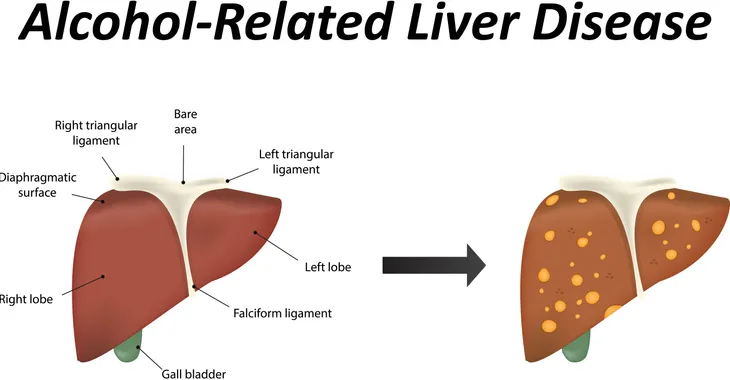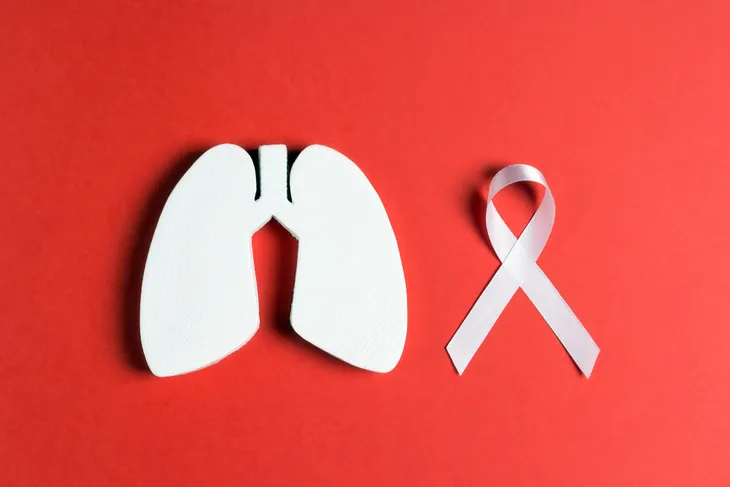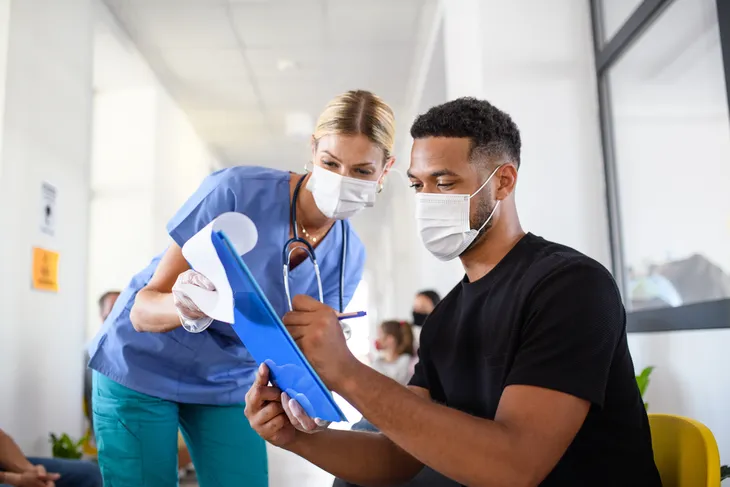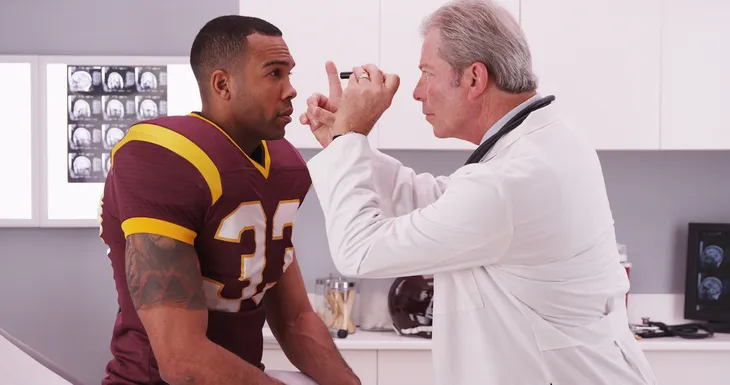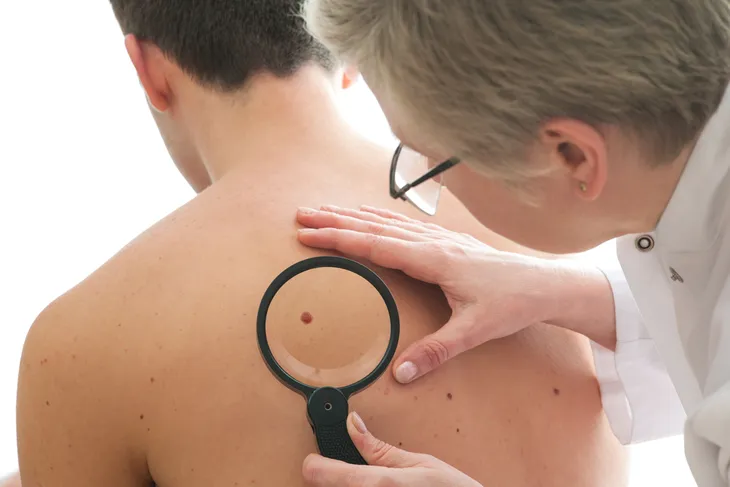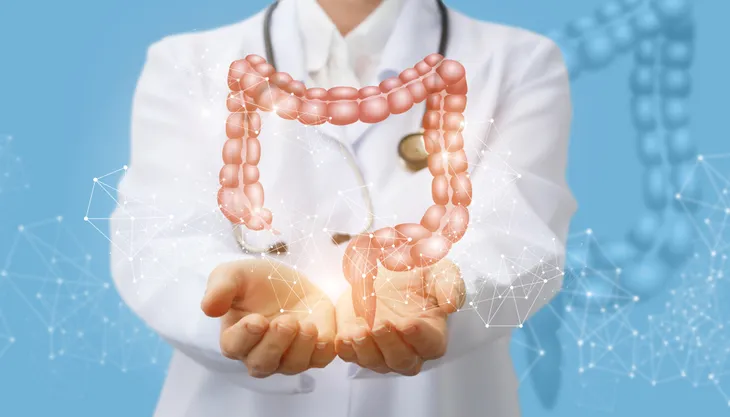- Both men and women battle disease every day but men are more likely to let illnesses go unnoticed.
- Some common health risks for men include heart disease, prostate cancer, colon cancer, skin cancer, stress, and depression.
- Through yearly exams and regular health screenings, you may be able to identify serious health problems early. Talk to your doctor about your health risks.
Many individuals, both men and women, battle illness and disease every day. But men may be more likely to let illnesses go unnoticed. This is likely due to a lack of awareness, poor health education, or unhealthy behavior patterns in their work and social lives, explains the Men’s Health Network. So, take charge of your health and make it a priority. Identify your health risks, and reach out to your doctor to learn how you can reduce your risks to live healthier and longer.
Liver Disease
The liver has a very important job of filtering your blood. It also helps you digest food, absorb nutrients, and helps remove toxic substances from your body. One health risk men need to be on the lookout for is liver disease.
Types of liver disease include cirrhosis, liver cancer, alcoholic liver disease, bile duct cancer, and viral hepatitis. Your risk also greatly increases if you smoke tobacco regularly and if you drink heavily. Signs that indicate your liver is in poor health include abdominal pain, bloody stool or urine, fever, fatigue, and swelling in the legs and/or abdomen.
Lung Cancer
One notable type of lung disease we want to point out is lung cancer. “Lung cancer spreads early, usually before it grows large enough to cause symptoms or even show up on an X-ray,” explains WebMD.
Oftentimes, lung cancer is already advanced by the time it’s detected. It’s also hard to cure. The source says less than half of men diagnosed with lung cancer are alive a year later. This is why it’s so important to be aware of this health risk and do everything you can to prevent it.
The Centers for Disease Control and Prevention (CDC) says cigarette smoking is the number one risk factor for lung cancer and accounts for 80 to 90-percent of lung cancer fatalities in America. So if you smoke, it’s really time to quit! Talk to your doctor for effective tips and strategies to quit this bad habit for good.
Pneumonia and the Flu
Although the flu is common, it’s still a health risk. Healthline says “Influenza and pneumococcal infection are two leading health risks for men.” The source also notes, men with compromised immune systems caused by cancer, diabetes, chronic obstructive pulmonary disease (COPD), congestive heart failure, AIDS, or sickle cell anemia are more susceptible to pneumonia and the flu.
Men are about 25-percent more likely to pass away from pneumonia and influenza compared to women, says the American Lung Association. The good news is that there are vaccines available to help prevent these illnesses.
Heart Disease
There are many forms of heart disease, and they can all lead to serious and fatal consequences. According to the CDC, heart disease is the leading cause of fatalities for both men and women in the United States. And even though this health risk isn’t unique to men, it’s still worth noting. The source says one person passes away every 36-seconds in the U.S. from cardiovascular disease.
The most common type of heart disease is coronary heart disease, affecting about 18.2 million adults (20-years old and older), says the source. This disease is caused by plaque buildup in the coronary arteries that supply blood to the heart.
Heart attacks are also very common, affecting about 800,000 people in the U.S. each year. To help prevent heart disease you’ll need to make a few healthy lifestyle adjustments like maintaining a healthy weight, eating healthier, and engaging in regular physical activity. Talk to your doctor to find out if you’re at risk and what you can do about it.
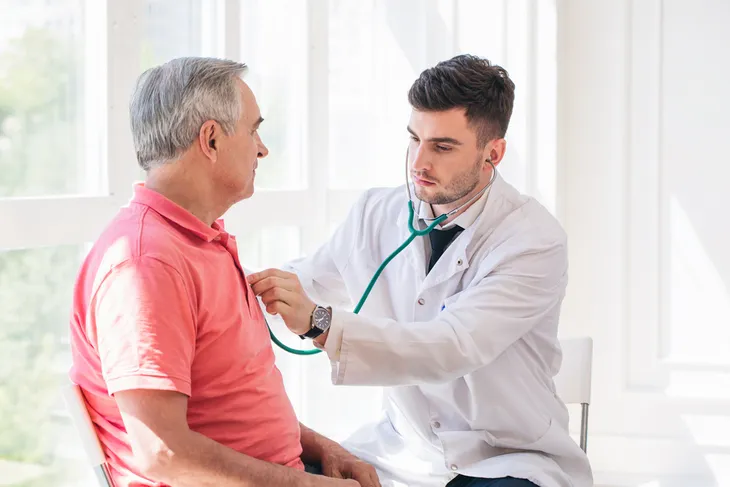 Shutterstock/iVazoUSky
Shutterstock/iVazoUSkyDepression
It doesn’t matter if you’re a CEO of a flourishing company, a student, a construction worker, or surrounded by people who love you, depression can affect anyone. Depression is a serious health condition but it’s also treatable.
It’s estimated that more than 6 million men in the United States suffer from depression each year, according to the National Institute of Mental Health (NIMH). Unfortunately, “Men are less likely than women to recognize, acknowledge, and seek treatment for depression,” explains the source. You should never feel ashamed and know that with an appropriate diagnosis and the right treatment, you can recover.
If you’re experiencing the symptoms of depression, reach out to your doctor. Treatment may involve medication, therapy, or a combination of both.
Diabetes
WebMD refers to diabetes as a silent health threat for men. This is because it usually begins silently, without symptoms. Untreated diabetes can lead to serious health concerns such as kidney damage, heart disease, stroke, and vision problems (in some cases, blindness). Healthline says Men with diabetes may have a risk of lower testosterone levels and a higher risk of depression or anxiety.
To prevent or control diabetes, it’s important to eat a healthy diet and engage in regular exercise. Get informed on the signs and symptoms of diabetes, and talk to your doctor about your risk.
HIV
Early symptoms of HIV can be similar to a common cold or flu which can make infection hard to recognize. HIV is more common in men too. The CDC says, “of the 37,968 new HIV diagnoses in the US and dependent areas in 2018, 81% were among men.”
The source also notes 1 in 7 men with HIV are unaware they even have it. And if you don’t know you have it, you can’t get the medication you need to stay healthy. This is why it’s important to get informed on the causes and what you can do to prevent getting it in the first place. You should also read up on the symptoms and seek medical attention if you suspect you may have it.
Unintentional Injuries
According to a 2020 report from the CDC, unintentional injuries are the leading cause of fatalities in the United States for individuals aged 1 to 44-years old. Unintentional injuries include drug overdoses (unintentional poisoning), motor vehicle crashes, and unintentional falls, says the source.
Accidents do happen, and they can happen to anyone. That said, a study by the National Center for Biotechnology Information (NCBI) found that men were more likely than women to pass away from unintentional injury.
Skin Cancer
According to the CDC, skin cancer is the common type of cancer in the United States. “Though more people are diagnosed with skin cancer each year in the U.S. than all other cancers combined, there are a disproportionate number of men in those statistics,” explains the Skin Cancer Foundation.
Women are more likely to develop melanoma up until age 49, likely due to the use of tanning beds. The source says roughly 8 million women use tanning beds while only about 2 million men tan indoors. However, After the age of 49, men are more likely to develop melanoma than women. This could be due to years of sun exposure without sun protection. All the more reason to start taking sun protection more seriously, and have your skin checked yearly by your doctor.
Prostate Cancer
Prostate cancer is another health risk for men. The CDC says all men are at risk but if you have a family history of prostate cancer or are African American, you have an even greater risk. That said, the source points out the most common risk factor is age. The older you are, the higher your chances of developing it. This is why cancer screenings are so important.
First, you should get informed on the early signs of prostate cancer. Some of them include burning or pain during urination, difficulty urinating, frequent urges to urinate at night, loss of bladder control, and blood in the urine (hematuria). Talk to your doctor about your risk for prostate cancer and prostate cancer screenings.
Colorectal Cancer
Anyone can get colon cancer however certain factors can increase your risk such as age. WebMD says it’s more common in individuals older than 50 and “the chance of getting colorectal cancer goes up with each decade past age 40.”
Gender is another risk factor. Even though it can develop in both men and women, it’s more common in men. Furthermore, if you have polyps in the inner wall of your colon, you’re also at risk. Polyps aren’t cancer but they can lead to it. The good news is these polyps can be removed during regular screenings. Talk to your doctor to find out if you’re due for a colonoscopy.
Stress
Stress affects everyone, male or female. However, Healthline points out that men and women manage stress differently. The source says that men and women can experience the same stress symptoms but men are less likely to report emotional or physical symptoms of stress.
Furthermore, women manage stress better than men. Men have a greater risk of experiencing major depression from work-related stress and are more likely to withdraw socially when stressed, says the source.
Learning to manage stress is so important because it can negatively impact your health. It can also increase your risk for diseases such as cardiovascular disease and some types of cancer. So, if you’re feeling overly stressed and don’t know how to manage it, talk to your doctor. You can also try stress-relieving strategies at home by getting good quality sleep, exercising, meditating, stretching, and practicing breathwork.

